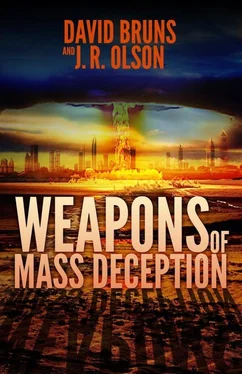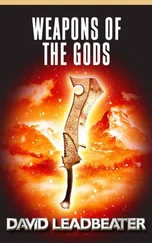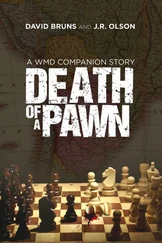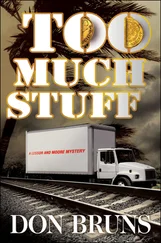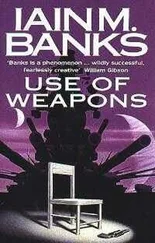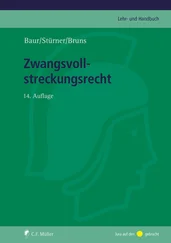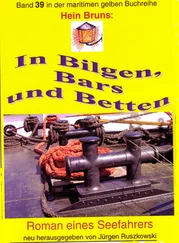* * *
Liz sighed as she pulled a bottle of Chardonnay out of the fridge. At least she had wineglasses now. She hunted through the mess of kitchen items until she found the one she wanted and rinsed it out before filling it with wine.
Glass in hand, she stepped onto the balcony and sank into a chair. After the arid atmosphere of LA, the steamy heat of a Minneapolis summer felt luxurious on her skin. White triangles of sails dotted the lake and the shores were crowded with families, couples, lovers… everyone seemed to have someone this holiday evening.
She sipped the wine, letting the crisp sweetness linger on her tongue. Everyone but me, that is.
Maybe she’d go sailing tomorrow. That would be something to occupy her time. She hadn’t been on the water since the Academy — had it been that long? A smile curled her lips when she thought about Mark and Don. And Brendan.
Brendan… what was he doing now? That whole job at the naval station in Annapolis — what a joke! It had to be some sort of classified project, but he really was working on a sailboat, so that didn’t add up either. And now, according to Don, he was deployed somewhere.
She should have called him after the dinner at Marjorie’s. Just having him that close again made her realize what she’d given up, how badly she’d messed up her life — and James’s. If her husband hadn’t called at that moment, who knows what she would have done.
What was the saying? The truth shall set you free…
That night at Marjorie’s was the first time she’d ever said the truth out loud: James was a good man, but she didn’t love him.
Brendan had every right to be disgusted with her. She’d created this mess in the first place, and she knew she should respect his unwillingness to get involved with a married woman.
She stilled her thoughts and put her feet up on the balcony railing.
I’m here, Bren. And I won’t make the same mistake twice.
Zagros Mountains, south of Gerash, Iran
15 October 2015 — 0200 local
It was a perfect desert night, with only a sliver of crescent moon, just enough to allow him to find his way without headlights.
Aban sat in the passenger seat of the Range Rover, his bearded face lit a ghostly green by the instrument panel. His brother was dressed in civilian clothes for this trip, an added precaution to avoid curious eyes.
Hashem had always thought of his older brother as a stout man, but one who carried his weight with authority. But in civilian clothes, Aban looked dumpy, and much older. Hashem noted the slump in his shoulders, the haggardness behind the bushy gray beard of his office. The look in his eyes spoke of tiredness and something else… resignation?
For months, Aban had led the fight against Rouhani and the forces of moderation, the path leading the country away from the old ways. Now in the last weeks before the election, Aban’s posture told Hashem that his brother feared the outcome of the coming election.
For a few years, Aban had been able to stem the tide of change that simmered under the surface of public sentiment for the last decade. The so-called Arab Spring had perversely worked in the favor of the old guard — the Iranian people saw Egypt, Libya, Syria, and others rise up and throw out the established leaders, then promptly fall into chaos. They didn’t want chaos, but they also didn’t want the unyielding rule of the ayatollahs.
Rouhani’s moderate faction sought to occupy the narrow breach between these two poles. With one foot in the camp of the Supreme Leader and one with the reformers, Hassan Rouhani navigated a narrow path of goodness that promised to restore Iran’s place in the world order and get rid of the sanctions that had brought the Iranian economy to its knees.
Reform, but not too much reform. That was the implicit promise.
From the slums of south Tehran to the moneyed estates of the rich in northern Tehran, the fiery rhetoric of the old guard fell on deaf ears. Rouhani was winning, and Aban knew it.
So he was here with his brother in the middle of the night to inspect the alternative.
Rouhani may have popular support, but the public was a fickle beast. They expected results quickly, and didn’t care to hear about the grinding machinery of international politics. Unless the sanctions were lifted — and quickly — Rouhani’s power would bleed away like sand through his fingers.
Rouhani needed a nuclear deal with the West. He knew it, Aban knew it, the Supreme Leader knew it. This was where the news got really bad for Aban. Israel, the staunchest enemy of Iran, the dissenting voice against any compromise with Iran, was showing signs of conciliation.
And so Aban was here in the desert in the middle of the night with his brother, the spy, to see what his chances were of persuading Israel — and the world — to resume their Iran-hating ways.
Hashem paused the Rover at the checkpoint and flashed his lights three times. Since his night vision was compromised anyway, he took the opportunity to fire up a cigarette. He took a deep drag and offered the open pack to his brother. Aban shook his head.
The all-clear lights poked out of the darkness and Hashem drove down the steep grade to the valley floor. When they reached the cave entrance, Hashem watched his brother out of the corner of his eye to see if he had any reaction to revisiting the place they had discovered so many years ago with their father. Aban’s jowly face showed no sign of recognition.
The blackout screen dropped behind them and the steel doors slid open, flooding them with harsh fluorescent light. Aban’s eyes flew open when he saw the interior of the cave.
“It is magnificent, Hashem,” he whispered. Hashem parked the car and his security detail opened the doors for them.
Viewing his brother in civilian clothes in the light, Hashem felt a flash of embarrassment. In his clerical garb, he seemed solid, a pillar of strength. In working clothes, without a turban to hide the wispy strands of gray hair, he looked ordinary. A heavy belly swung like a counterbalance whenever he moved, and his limbs seemed stubby, like appendages on a beach ball. He looked up at Hashem. “Brother, this is a wonder. I had no idea.”
Hashem inclined his head with a modest tilt, but inside he glowed. Praise from his older brother was a rare gift.
They boarded the golf cart. “Perhaps you would like to change?” Hashem said.
“Yes, yes. But I am eager to see the weapons before morning prayers.”
Hashem breathed a sigh of relief as he guided the cart to his quarters. He carried Aban’s bag to the spare room, pausing in the doorway. “It’s not much—”
“Brother, it is wondrous what you have done here,” Aban interrupted him, his face glowing. He rested his hand on the hewn rock wall, his fingers tracing a vein of white granite in the dark rock. For a moment, he seemed about to make a comment about geology. Aban smiled. “I’ll be right back.”
The Aban who joined him in the golf cart seemed a new man. In the short time they had been in the cave, he acted younger than Hashem had seen him in years. His snow-white turban hid the thin hair and spotted scalp, and the robes of his office armored the sagging belly. He hopped into the cart and slapped the dash. “Impress me, brother.”
The first stop was the rockets. Aban was out of the cart before the vehicle even halted. He almost ran to where the long white boosters lay in their cradles, running his hands along the smooth metal sides. At one point, Hashem thought he might hug one of the rockets. When he turned to Hashem, his eyes were wet with tears. They continued the tour by inspecting the TELs, Aban practically babbling questions about the North Koreans and then interrupting himself to ask even more questions about how things worked.
Читать дальше
